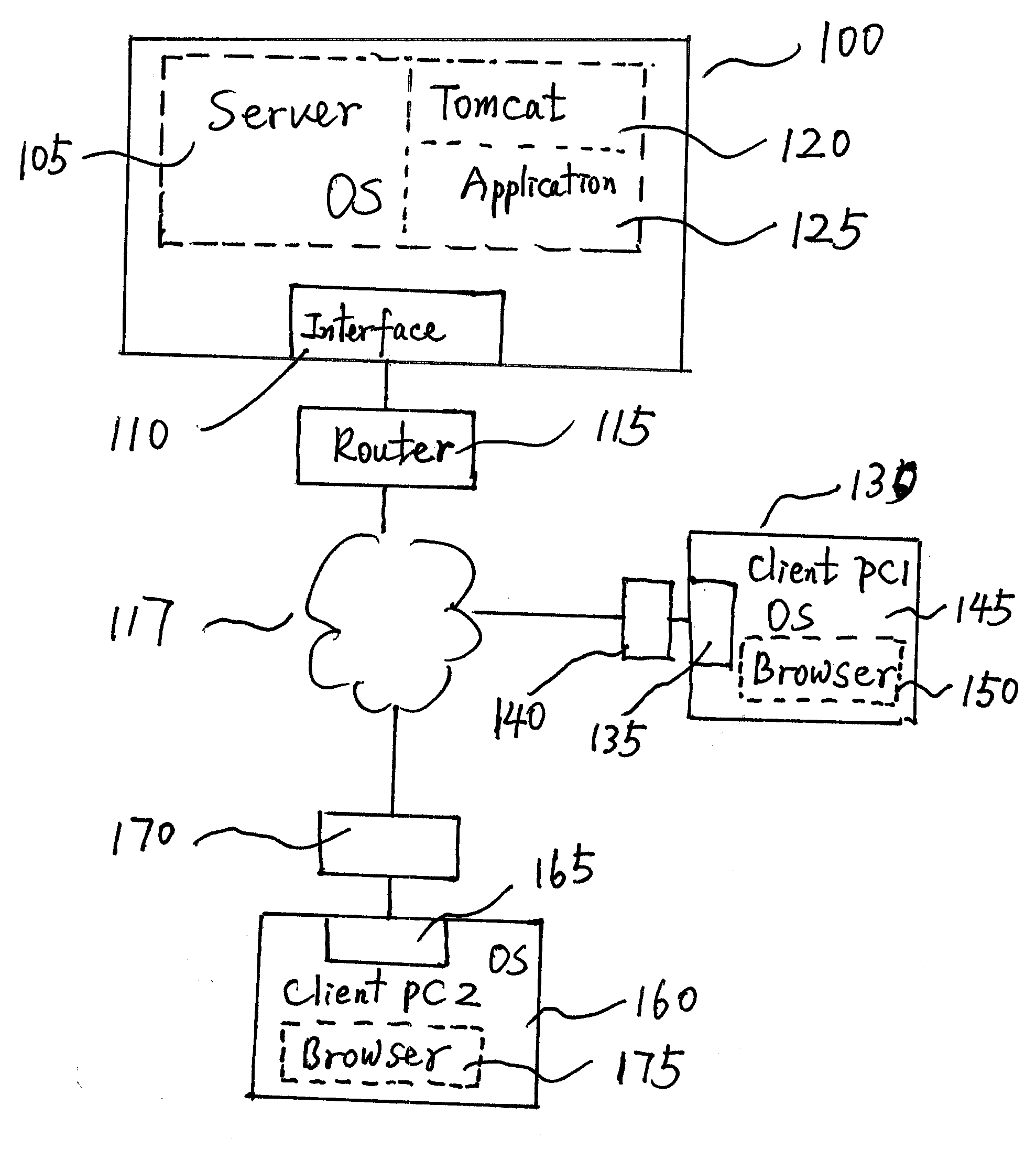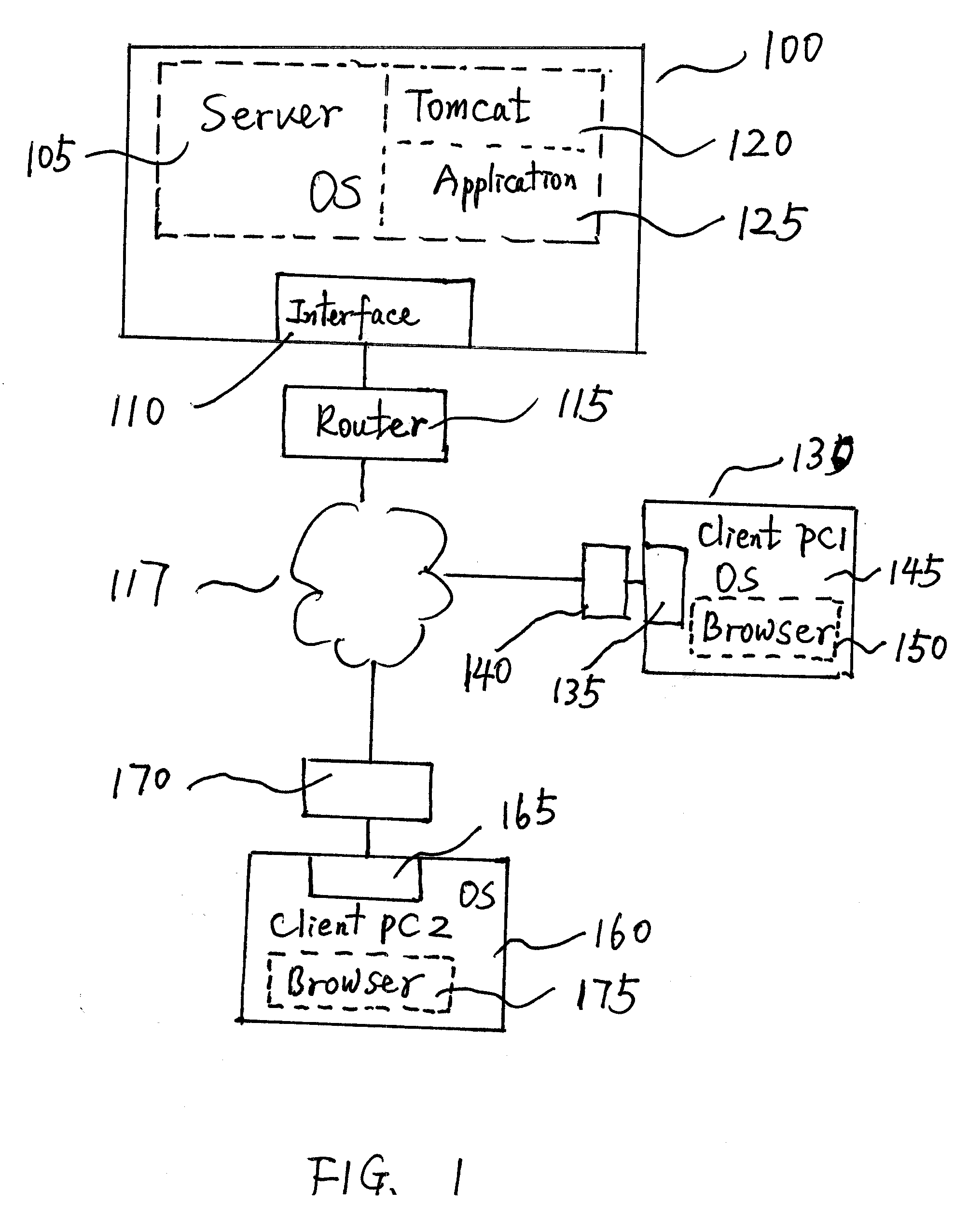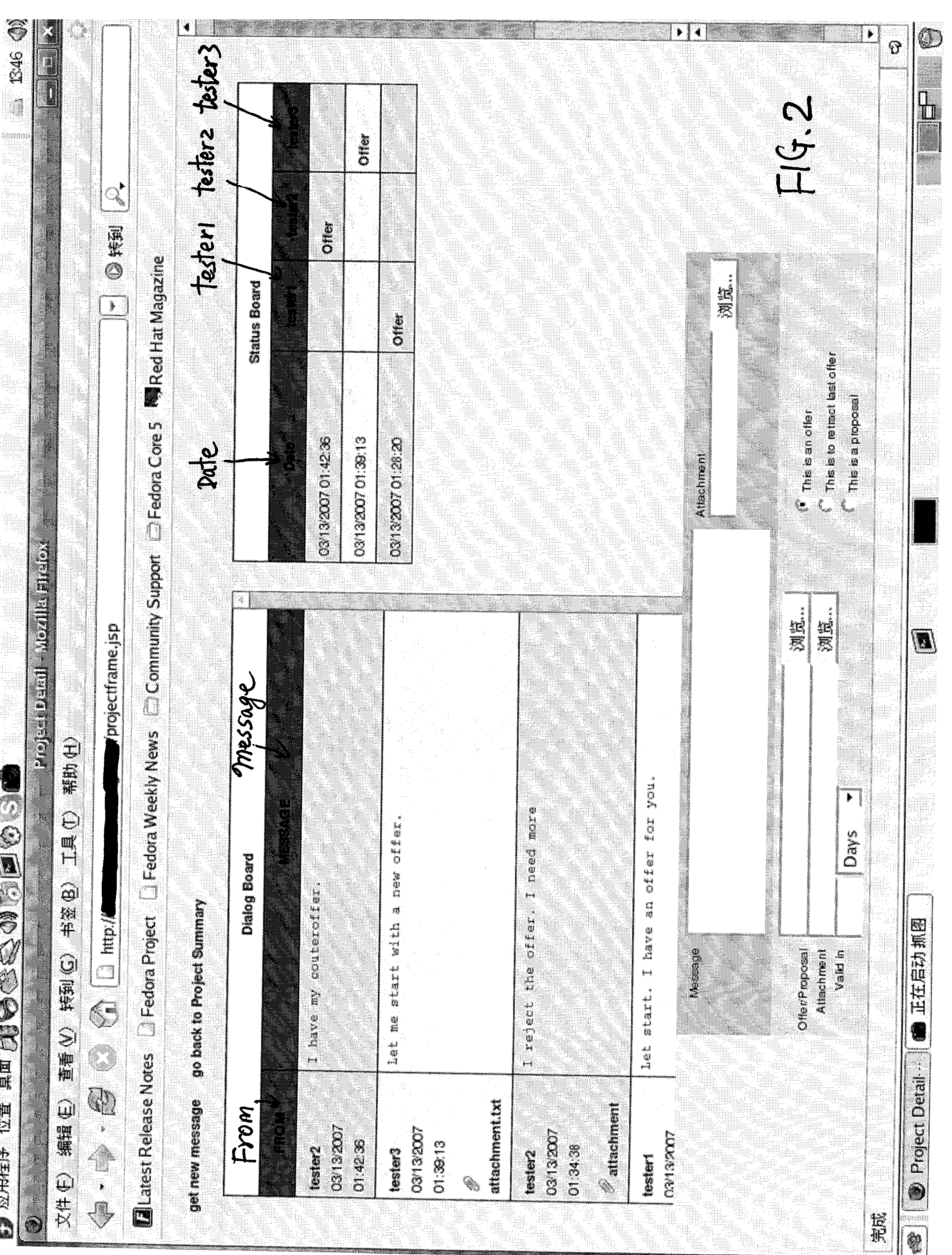Unfortunately, this right has not been fully enjoyed by the people in any nation.
Obviously, the accepting party is unable to genuinely agree on the terms of the contract.
This lack of true consent problem is often seen in the
enforcement of agreement.
First, the major factor is the cost of negotiation.
The cost for such in-person negotiation would be prohibitory.
Moreover, if two parties negotiate over a transaction, there is no assurance that one or two meetings will result in an agreement.
Negotiation by regular mail is very time-consuming.
At
the Internet age, few people have the patience to wait a few business days to see an offer or counteroffer.
While faxes are fast and secure, the receiving party cannot conveniently edit the drafts to make a counteroffer.
In other words, the receiving party has to express disagreement by independent statements that may introduce additional
confusion and misunderstanding.
Negotiation by using fax as a communication vehicle may cause a
delay.
Moreover, fax transmission may be unreliable in transmitting a large number of pages of document.
Negotiation by mail and fax is improper in a case where the transaction under negotiation is
highly sensitive.
There are several problems in email-based negotiation.
If the transaction under negotiation involves privileged communication, trade secrets, and potential criminal liability, email is not a proper communication vehicle.
Yet another problem is potential alteration of email messages.
It is difficult to prove the substance if a party questions the authenticity.
Due to a variety of reasons, a party may be unable to prove what is in the original messages and drafts.
This creates the same problem as in case of using fax as a communication vehicle.
Such comments may be harmless in the eyes of the receiving party at the time of sending, but they may be embarrassing in the eyes of a public member who reads it many years later.
Use of faxes has not significantly advanced the art.
Use of email has promoted efficiency and reduced labor cost, but it has created all kinds of the problems of its own.
Yet, few of email users have realized and foresee the disastrous consequence they might have to face many years later.
An inherent problem is that the preference of a party concerning a transaction cannot be defined to one or more specific parameters such as price, quality of the subject, warranty length, and delivery method.
Moreover, the subjects of negotiation are not limited to substantive matters, insignificant things such as writing style,
document format, and even the size and shape of papers would be a source of disagreement among major members.
Accordingly, protocol for automatic evaluation of negotiation results has not gained great popularity.
One of the problems is that the negotiating parties do not have the same opportunity to conveniently evaluate the language in draft documents.
Neither the drafter nor the reviewer knows how the wording and languages in the draft affects their substantive right because they do not have an opportunity to study the language that is used in successful agreements.
Before a convenient negotiation forum is publicly available, it is neither realistic nor practical for parties to engage in fair negotiation.
It is impossible for a person to determine whether a warranty statement is sufficiently fair to him until the person can review other warranty statements.
It is also hard for an attorney to evaluate each of the clauses without seeing others for comparison.
The second problem is a lack of systematic method for maintaining negotiation history files.
Upon to now, no systematic approach is available for the maintenance of negotiation history files.
Casual use of email has caused serious trouble in negotiation history files.
When parties use email as primary communication means, the parties cannot get identical history files.
Some email messages might be filtered out or lost in transit while others might be blocked by
security measure.
The sending party may be unwilling to send a copy if the offer has expired, and problem of expected
delay allows the sending party a chance to change its mind.
Therefore, such files will never be available to the receiving party.
After two parties have exchanged mail several rounds, messages quickly
pipe up, and it is hard to
decipher precise history.
This problem is worsen by the fact that email program may display messages in different ways and the fact that a responding party may type in its message between the lines of the original messages.
Years later, such messages are incomprehensible to reviewers.
It is possible that some of the information is lost during the process.
After many rounds of sending, receiving and forwarding, archiving, importation / exportation, modifications of attachment files, saving of modified attachments, and mixing of detached attachments with other files, it is practically a
nightmare to
decipher negotiation histories which may be the key to the
dissolution of an issue.
When a controversy arises and an issue is to be decided in court, it is extremely time-consuming to process emails.
Due to a large volume of email and a large number of puzzles that might never be solved, litigation expenses are often prohibitory.
 Login to View More
Login to View More  Login to View More
Login to View More 


